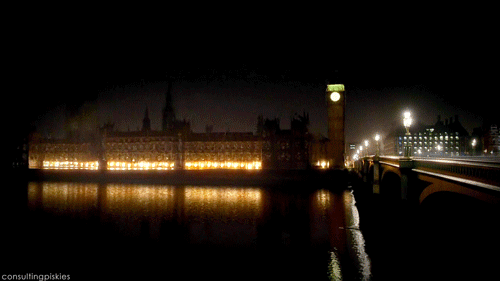Andrew Lilico of the Telegraph does Jeremy Corbyn an injustice. He writes,
Jeremy Corbyn will not stop no-deal, because he believes it’s his only route to power
Given that Corbyn could have forced a pre-no deal general election by holding a confidence motion on July 25, but his not doing so has made no deal hugely more likely, why didn’t he?
Here I must interject that unlike Lilico I do not believe for a moment that Corbyn could have won a Vote of No Confidence on July 25. For Corbyn to have won a VONC, several Tories would have had to side with him. For a Conservative MP to vote out a Conservative Prime Minister literally on his first full day of office would have been too spectacular a reversal of their loyalties.
Be that as it may, Lilico then argues that,
There are two parts to the answer. First, he may have feared a ‘Boris bounce’ in the polls, if an election had been held immediately upon Boris’ appointment. Some recent polls have shown Labour on barely more than 20 per cent (sometimes lower) and post-Boris polls have the Tories up as high as 30 per cent. Forcing a general election that gave Boris a majority to implement no deal could have backfired.
But the more fundamental reason is that Corbyn really sees no deal as an opportunity, not a threat. He doesn’t actually care whether the UK remains in the EU or not, provided he is not seen as responsible for either outcome. What he cares about is the overthrow of the current economic and political system and the introduction of a True Socialist state. Brexit is intrinsically a distraction, but in practical terms an opportunity.
The best outcome, from the point of view of promoting Corbyn’s vision, is a general election held at the maximum point of disruption post-no deal. He wants an election to be held, if possible, with strikes crippling public services, food shelves empty in the shops, medicine shortages at the pharmacies, chaos in Northern Ireland, and lorries backed up at the Channel. Then he can say: Capitalism has failed; give Socialism a chance.
I do not think it’s the case that Jeremy Corbyn is a cynical Disaster Socialist, although he cannot help but be aware that if disaster ensues he will stand to benefit.
But he does want Brexit. Firstly because he has wanted to be out of the EEC/EC/EU all his political life and his conversion to Remain was half-hearted at best, false at worst. But far more important right now is that Brexit – any sort of Brexit – finally happening will, at a stroke, wipe out the biggest reason for voting Liberal Democrat. Brexit will do for Labour what it will do for the Conservatives: destroy their biggest rival’s main selling point.
Most Remainers are left wing. What’s the point of them voting Lib Dem to stop Brexit once Brexit has already happened? To shake their fists at Labour for not fighting harder? That would be a futile gesture, and expensive if their wasted vote allows the Conservatives to gain by splitting the left wing vote. True, a hard core of Remainers will gird their loins and start the long campaign to rejoin the European Union. The Liberal Democrats will become the party of Rejoin, and as such will have a secure niche in British politics for decades to come. But faced with a choice between a long and possibly fruitless campaign and the best chance socialism has had in years, most left wing Remainers will pivot back to simply being left wingers.

